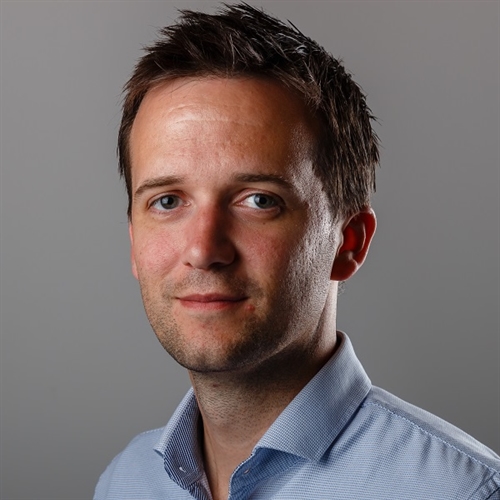
HY3+: ensuring security of supply of hydrogen network with neighbouring countries
The Netherlands, Germany and Belgium are joining forces to make their heavy industry more sustainable with hydrogen produced by offshore wind power. Via existing and yet-to-be-constructed infrastructure, the hydrogen will go from North Sea wind farms to major industrial clusters such as Rotterdam, Chemelot and the Ruhr region. Having previously demonstrated the feasibility of the plans, TNO will investigate with Arcadis in 2024 how to guarantee security of supply for industry.
CO2-free industrial clusters
TNO conducted the feasibility study in 2021 with the German research institute Jülich and energy agency DENA in the HY3 project. This showed that there are great opportunities for a transnational value chain for green hydrogen between 2025 and 2050 and thus the eventual realisation of CO2-free clusters. In the new HY3+ project, TNO and Arcadis will investigate in detail how hydrogen can be transported to customers without any interruption (intermittent supply).
Further calculations
The companies that will transport the hydrogen (Gasunie, FNB (Germany), Fluxys (Belgium), CREOS (Luxembourg), have already made their own plans for the future infrastructure. Numerous studies have also been published in recent years on the quantities of hydrogen to be available from 2030 onwards. Both expected demand and supply have thus been identified. TNO and Arcadis will now further calculate these studies to get a picture of the whole chain of network and storage to ensure security of supply.
Eliminating bottlenecks
TNO expert Lennert Buijs, also HY3+ project leader: “The current studies show on an annual basis how much hydrogen is needed in that country and for those industrial clusters. What we are going to do is determine much more precisely how production, transport, off-take and storage should be available on an hourly basis. No industrial company can afford an interruption in supply. So if there is a disruption somewhere, you have to be able to absorb it through storage, for example. We map all uncertainties and subject the network to stress tests to find critical locations and remove bottlenecks.”
Security of supply on an hourly basis
The intended security of supply is linked to all kinds of uncertainties in supply and demand. Hydrogen production, off-take and storage are not evenly distributed across the three countries. It is also not entirely certain which industrial clusters will consume how much hydrogen during which periods. This can jeopardise security of supply at certain points in the network. And there is by definition uncertainty in the production of green hydrogen, as energy from sun and wind fluctuates widely.
HY3+ should clarify how security of supply can be guaranteed per location per hour. This is done by testing production, transport off-take and storage in the network against many different scenarios, which the researchers determine together with the various partners in the consortium.

This data will allow the parties to set early priorities for network roll-out. We will issue our report by the end of 2024, but in the meantime we will continuously share new insights with our partners. This will enable them to make the right decisions for the design of a robust, future-proof network.
Interim results
Lennert: “By superimposing the results, we will gain insight into which parts of the network are more critical than others, in order to ensure security of supply for the entire network.”
The consortium
The HY3+ consortium consists of governments and industrial parties that produce, transport, consume, store, import and convert hydrogen. The project is sponsored by TKI new gas, Gasunie, BP ExxonMobil, Shell, VOPAK, Port of Rotterdam, North Sea Port, Province of South Holland and Hüttenwerke Krupp Mannesmann GmbH. These parties are closely involved in the development of the various scenarios.
TNO is responsible for dynamic modelling of the network and interpreting the results. Arcadis carries out PESTLE analyses at the transnational level to underpin the scenarios, as well as at the local level to define feasible solutions to bottlenecks.
Get inspired
Storage and transport of hydrogen


